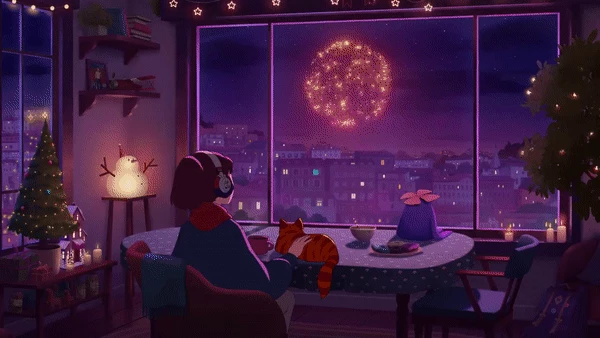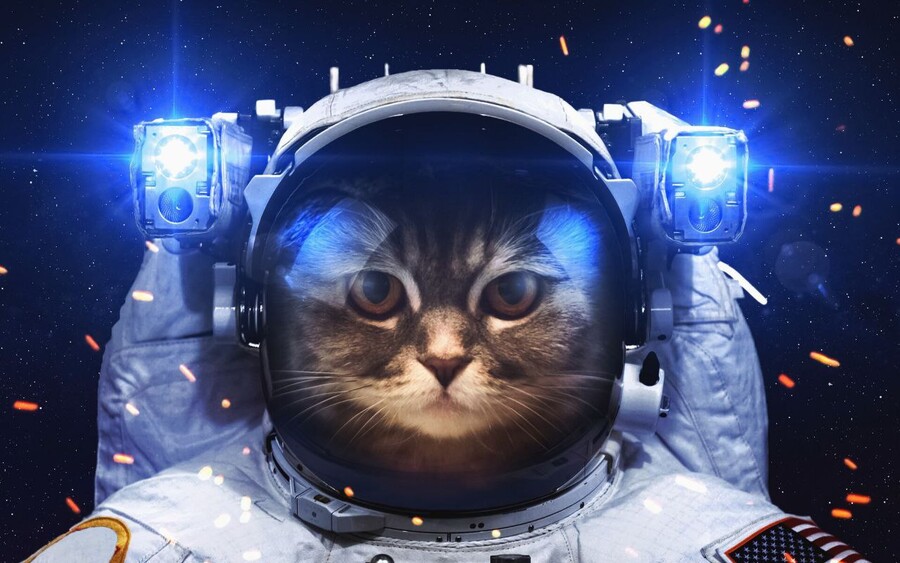이코노미스트 기사 요약 (ChatGPT)
인공지능이 엔터테인먼트 산업을 어떻게 바꾸고 있는가?
인공지능(AI)은 엔터테인먼트 산업에 큰 변화를 가져오고 있습니다. AI는 유명인들의 힘을 약화시키는 것이 아니라, 그들의 명성을 더욱 높일 것으로 예상됩니다. AI는 유명인들이 다양한 시장과 형식에서, 그리고 언제 어디서나 존재할 수 있도록 해줍니다. 이는 영화, 라디오, 텔레비전과 같은 새로운 기술이 등장했을 때와 비슷한 현상입니다.
AI는 음악, 영화, 심지어 AI로 구동되는 아바타를 포함한 다양한 콘텐츠를 생성할 수 있습니다. 이는 유명인들이 더 넓은 청중에게 도달하고 새로운 형식을 탐색할 수 있는 기회를 제공합니다. 하지만 AI 생성 콘텐츠는 저작권 문제와 예술가의 권리 보호라는 우려를 불러일으키기도 합니다.
또한 AI는 기존 자료를 리믹싱하는 데 능숙하지만, 인간이 제작하는 독특하고 감정적으로 공감할 수 있는 콘텐츠를 만드는 데는 어려움을 겪을 수 있다는 우려도 있습니다. 이는 AI 콘텐츠가 지루하게 느껴질 수 있다는 가능성을 제기합니다.
엔터테인먼트 시장은 청중의 선호도가 중요한 역할을 합니다. AI는 스튜디오가 검증된 아이디어에 충실할 수 있도록 도울 수 있지만, 청중은 AI에서 생성된 획일적 콘텐츠에 싫증을 낼 수도 있습니다.
결론적으로, AI는 엔터테인먼트 산업에 새로운 기회와 도전을 동시에 제시하고 있습니다. AI가 인간 드라마의 영속적인 매력을 유지하면서 더 개인화되고 전문적인 콘텐츠를 제공할 수 있다면, AI는 엔터테인먼트 산업의 새로운 지평을 열 수 있을 것입니다.
===================================
(The Economist) The dawn of the omnistar
https://www.economist.com/leaders/2023/11/09/how-artificial-intelligence-will-transform-fame
How artificial intelligence will transform fame
Computers have spent decades disrupting humdrum jobs. Now artificial intelligence (AI) is coming for the most glamorous ones. Hollywood has been at a standstill for half the year, until studios agreed on November 8th to offer striking stars protection from robotic rivals. Living artists were nudged down this week’s music charts by a dead Beatle, resurrected by AI. Actors like Scarlett Johansson and authors like John Grisham are suing tech firms over the unauthorised use of their image and words.
Stars may worry that AI is stealing their work and giving less talented performers the skills to snatch their audience. In fact, the famous folk complaining the loudest about the new technology are the ones who stand to benefit the most. Far from diluting star power, AI will make the biggest celebrities bigger than ever, by allowing them to be in all markets, in all formats, at all times. Put your hands together—or insert your earplugs if you prefer—for the rise of the omnistar.
This is not the first time that technology has changed the rules of the fame game. People began to talk of stars in the 18th century, after the spread of reading made it possible to be truly famous within your lifetime. Film and radio initially seemed like a threat to stars, who worried that their live performances would be devalued. In fact, those technologies ushered in the era of the superstar, a term that caught on in the 1920s. A similar panic greeted the invention of television (and led to the last big Hollywood strike, in 1960). But again, the new tech made the famous even more so, bringing them into every living room. By the 1960s people were talking of megastars.
As AI-generated content floods into the entertainment business, the hardworking folk of Malibu are worrying once more that their fame will be diluted—and again, the outcome is likely to be the opposite. One of the paradoxes of the internet age is that, even as uploads to YouTube, TikTok and the like have created a vast “long tail” of user-made content, the biggest hits by the biggest artists have become even bigger. The number of musicians earning over $1,000 a year in royalties on Spotify has more than doubled in the past six years, but the number earning over $10m a year has quintupled(다섯 배가 되다). Even as niche content thrives—sea shanties, whistling and all kinds of eccentricities—Taylor Swift is marching through the most lucrative concert tour in history. It is the mid-ranking artists who have suffered.
Similar patterns hold across entertainment. The number of feature films released each year has doubled in the past two decades, but the biggest blockbusters have simultaneously doubled their share of the total box office. A tide of self-published books has not eroded the sales of star writers. In a sea of choice audiences rely more on recommendations, both algorithmic and human, which funnel them towards the most popular content. AI promises even more choice, and thus even higher search costs for audiences, who will continue to gravitate to the handful of stars at the top.
AI will give these megastars the ability to be truly omnipresent for their fans. AI-powered dubbing is already allowing actors and podcasters to speak to foreign audiences instantly and in their own voice. It will soon be standard for video to be edited so that their lips match the new language, too. In-demand actors may get more work because AI removes the perennial Hollywood problem of crowded schedules, allowing stars to perform alongside each other while not being together at all. Digital Botox will increase actors’ shelf-life and even enable them to perform posthumously. Disney has acquired the rights to the voice of James Earl Jones, 92, so that Darth Vader can scare children for generations to come.
Everything, everywhere, all at once
Stars will also be able to perform for fans in formats that are only beginning to emerge. The ABBA avatars that sell out a London arena seven times a week, and the celebrity-voiced chatbots recently launched by Meta, are just a taste of the ways in which the biggest stars will be able to satisfy—and monetise—their fans.
These opportunities come with strings attached. Artists are right to worry about copyright, which must be protected if AI is not to become a legalised form of piracy. Past technologies were no different: the printing press led to the first copyright laws in the 18th century; royalty payments were rejigged in the 1960s to compensate big-screen actors whose work was shown on TV; the musical free-for-all unleashed by companies like Napster at the turn of the century eventually gave way to deals between streamers and record companies. Content creators have legitimate questions about permission and payment (we declare an interest here). Until those are answered, AI will be a legal Wild West.
The bigger question is how the age of the omnistar will suit audiences. The risk is boredom. AI is brilliant at remixing and regurgitating old material, but less good at generating the pulse-racing, spine-tingling stuff that is, for now, a human speciality. AI output may nonetheless appeal to film studios, record labels and other creative middlemen, who prefer to minimise risk by sticking to tried-and-tested ideas. Hollywood already favours franchises over new work: witness the rash of sequels and reboots at the box office. AI will let studios apply the same principle to actors. A de-aged Luke Skywalker stars in Disney’s latest “Star Wars” spin-off. At present, audiences are wowed by such trickery. They may grow tired of it long before “Fast and Furious 94”.
Yet the entertainment market is strongly self-correcting. Audiences have the power to turn a hot property into a has-been in an instant, as stars are all too aware. And even as AI-powered entertainment grows, consumers still seem to relish human drama. Sport, perhaps the most AI-proof, flesh-and-bones spectacle there is, has seen its value to media companies soar in recent years (meanwhile, no one watches computer-powered chess, though its best players could beat any human). Moreover, AI will make entertainment’s long tail even longer, with deeper niches and more personalised content. In the AI age, audiences will face heavy bombardment from a handful of omnistars, from Taylor Swift to Darth Vader. But it will be easier than ever for them to change the channel. ■





